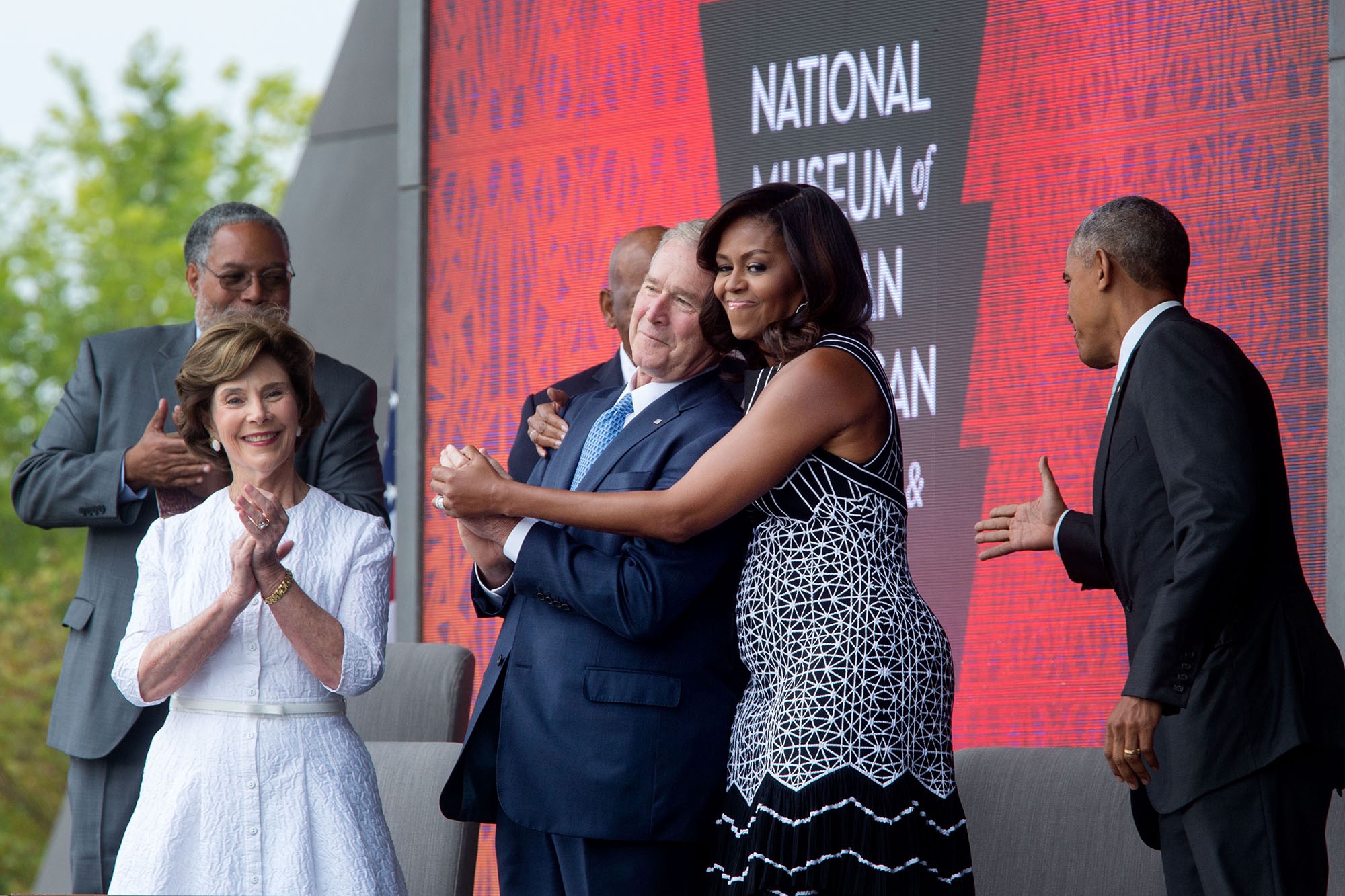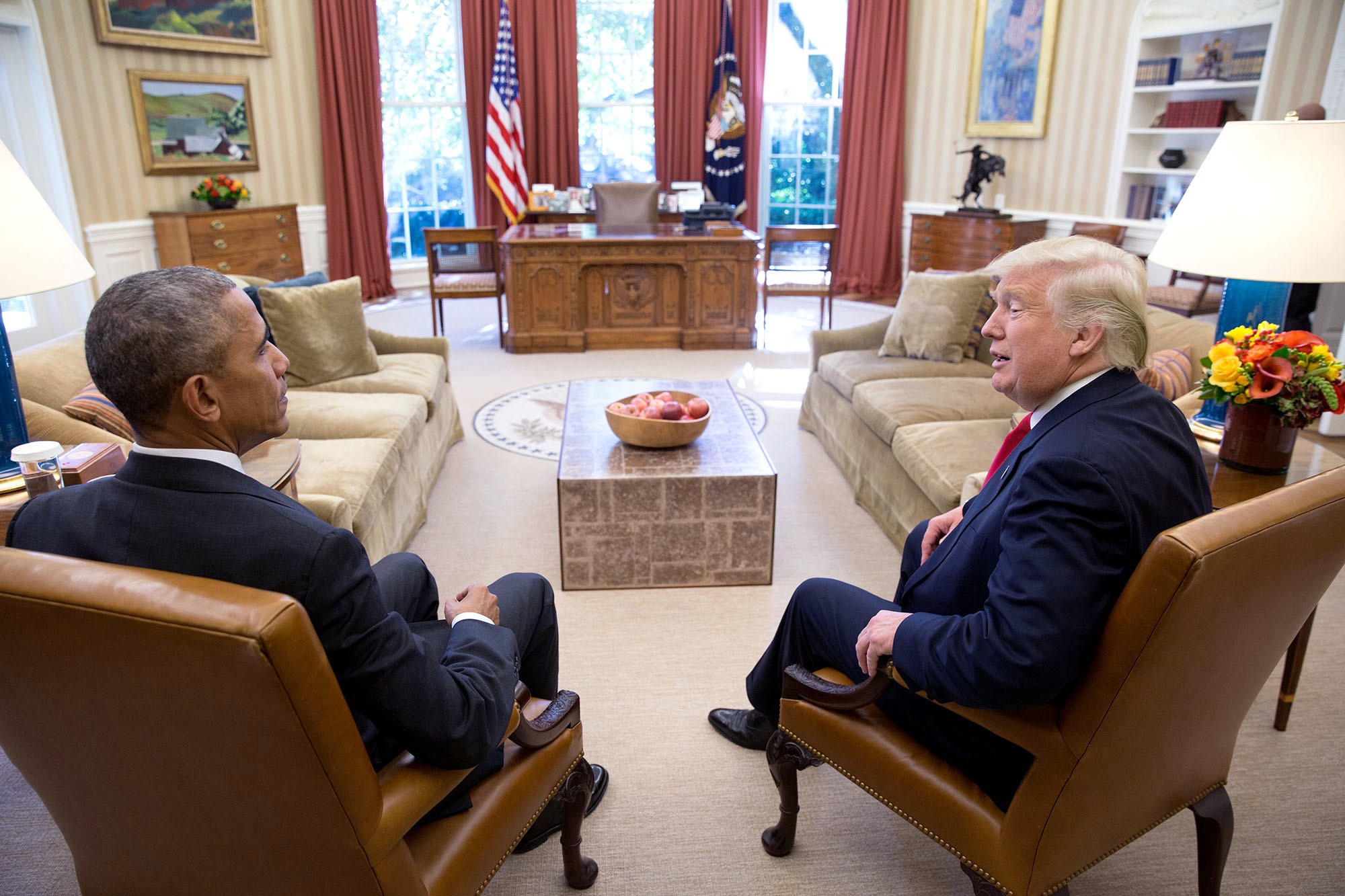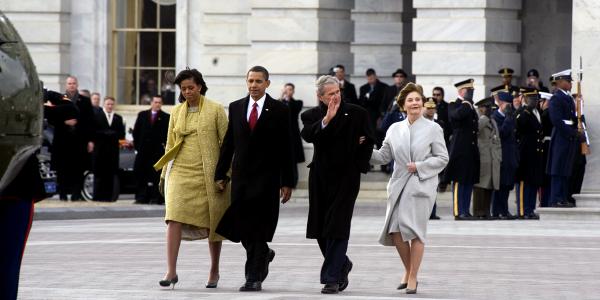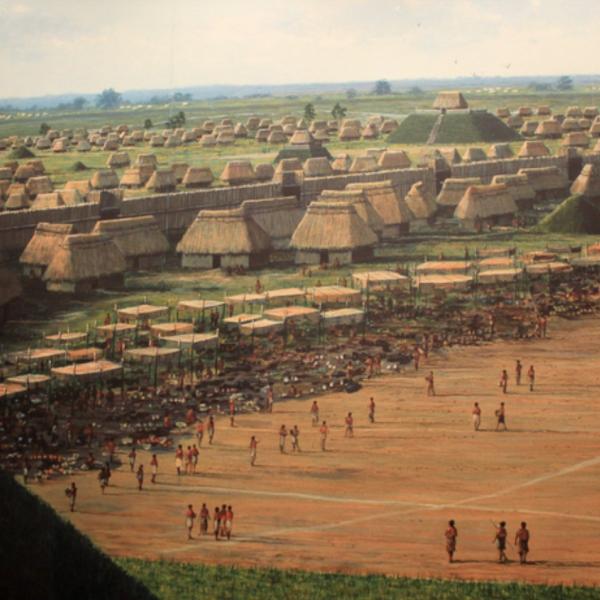Peter Kastor is the Samuel K. Eddy Professor and the chair of the Department of History. Joey Vettiankal is a 2019 graduate of Arts & Sciences and is currently the deputy circuit court clerk in Henderson County, Kentucky.
The transfer of power in the American presidency seems clear, and it serves a clear purpose. One president is inaugurated, another returns to private life. This peaceful process affirms the will of the people and prevents dictatorship. It remains one of the few political principles that is as salient now as when the presidency was created over two centuries ago.
So why are Americans so worried about the transfer of power now? Some of the reasons are obvious. Donald Trump refuses to state that he will accept electoral defeat. His unfounded claims of voter fraud undermine confidence in the system. He has publicly condemned mail-in and other voting mechanisms that might favor Joe Biden. His critics fear that he will refuse to leave office regardless of the outcome.
Less obvious are the ways that Donald Trump has rejected the numerous and powerful ways that the transfer of power has taken shape in recent decades. It is, in fact, no longer just a moment when one president leaves office and another arrives. Nor does it involve only the presidents. Instead, presidential families (men and women, adults and children) have created an extended and highly public performance designed to assert both national unity and democracy.
Recent memoirs by both presidents and first ladies as well as innumerable interviews have hammered home this point. Presidents leave advisory notes to their successors. Presidents and their families thank their predecessors for welcoming them to the White House. Former presidents speak with pride of their commitment to a smooth transition. This practice is all the more striking because every president since George H.W. Bush has been succeeded by a president from a different party. Crucial to the transfer of power is an extended set of relationships built around reconciliation between political rivals. Like all defeated presidents, George H.W. Bush was despondent and angry after his loss to Bill Clinton. By 2005, both men were working together on disaster relief. Clinton later called their friendship “one of the greatest joys of my life.” In 2014, Barbara Bush stated, “I love Bill Clinton. Maybe not his politics, but I love Bill Clinton.” That same year George W. Bush said that Bill Clinton was his “brother from another mother.”

One image has come to symbolize the possibility of these relationships. In September 2016, a photographer captured Michelle Obama hugging George W. Bush at the opening of the Smithsonian Museum of African American History and Culture. In an interview on the Today Show with none other than Bush’s daughter, Jenna Bush Hager, Michelle Obama stated, “Our values are the same. We disagree on policy but we don’t disagree on humanity.”
This is a far cry from the system in place for much of the nation’s history. Until recently, presidents vacated the White House with little fanfare, often well in advance of their successors, and even moreso if the president had lost his bid for re-election. Former presidents mattered (a few offered advice to their successors, some sought political office in their own right, and all of them became public symbols of democracy), but presidents rarely met publicly with their predecessors. This all changed in the last 30 years, as presidential families sought to make connection and reconciliation the norm.

And these rituals make Donald Trump’s actions all the more jarring. It is not simply that he has refused to accept the notion that he might lose the election. Rather, for four years he has assaulted all the symbols recent presidents and their families constructed around the transfer of power. Trump’s actions have ranged from disparaging his predecessors to refusing to participate in the unveiling of Obama’s portrait. Presidential families have responded in kind. Rather than embrace Donald Trump and his family, Barack Obama, Bill Clinton and even George W. Bush have publicly criticized him. In contrast to the warmth between Michelle Obama and George W. Bush’s family, her relationship with Melania Trump has been icy.
As soon as he assumed office, Donald Trump made clear that he intended to disrupt presidential norms. Now he seems poised to change not only what presidents do in office, but also what happens after they leave.




